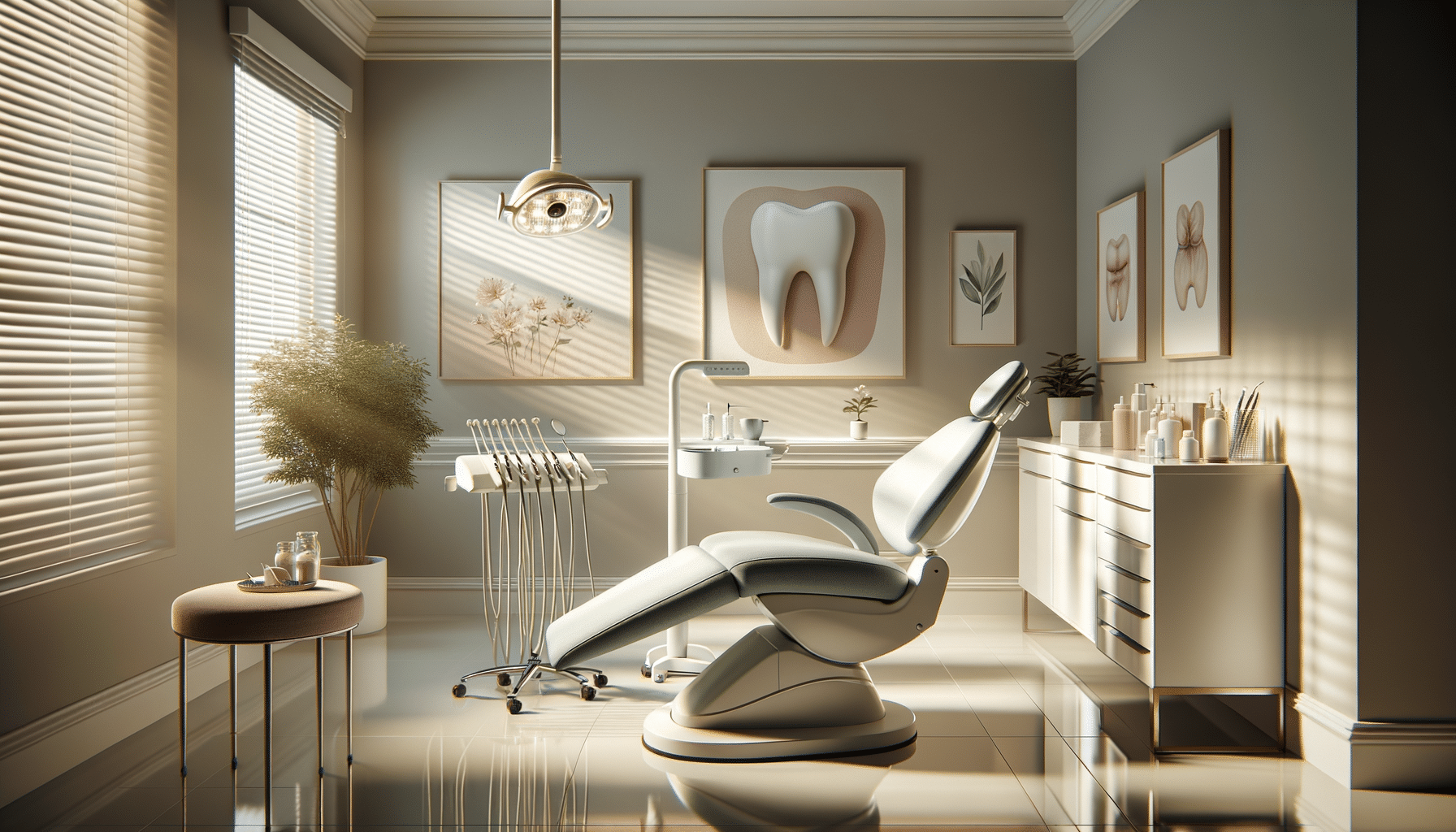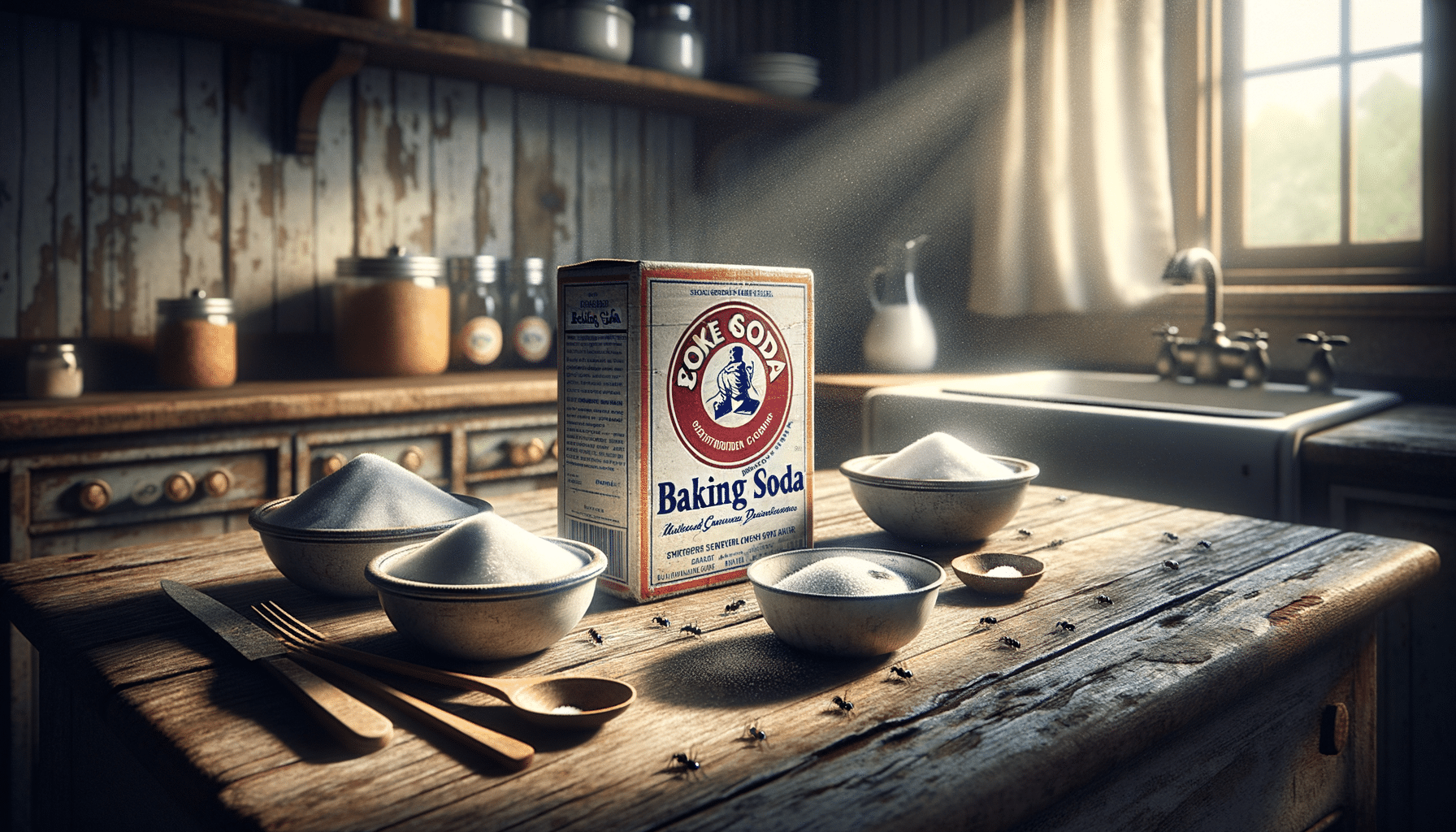
Do you want your breath to stay fresh? Try these 3 tips
Introduction: The Importance of Dental Care
Dental care is an integral part of overall health and well-being. Beyond the obvious benefits of having an attractive smile, maintaining good oral hygiene can prevent a variety of health issues. From preventing tooth decay and gum disease to reducing the risk of heart disease and diabetes, the significance of dental care cannot be overstated. A cornerstone of effective dental care is ensuring that your breath stays fresh, which not only boosts confidence but also signals good oral hygiene. In this article, we will delve into practical tips and insights to help you maintain fresh breath and optimal dental health.
Understanding the Causes of Bad Breath
Bad breath, medically known as halitosis, can be a source of discomfort and embarrassment. Understanding its causes is the first step towards effective management. The primary cause of bad breath is the buildup of bacteria in the mouth. These bacteria break down food particles, releasing sulfur compounds that emit an unpleasant odor.
Several factors contribute to the proliferation of these bacteria:
- Poor Oral Hygiene: Inadequate brushing and flossing allow food particles to remain in the mouth, promoting bacterial growth.
- Diet: Foods like garlic, onions, and certain spices can contribute to bad breath.
- Tobacco Products: Smoking and chewing tobacco not only stain teeth but also lead to bad breath.
- Dry Mouth: Saliva helps cleanse the mouth. A lack of saliva, often due to medications or medical conditions, can lead to bad breath.
By addressing these underlying causes, individuals can significantly improve their breath and oral health.
Effective Oral Hygiene Practices
Maintaining excellent oral hygiene is crucial for fresh breath and healthy teeth. Here are some key practices to incorporate into your daily routine:
- Brush Twice Daily: Use fluoride toothpaste and a soft-bristled brush to clean all surfaces of your teeth.
- Floss Daily: Flossing removes food particles and plaque from between teeth where a toothbrush cannot reach.
- Use Mouthwash: Antibacterial mouthwashes can reduce plaque and freshen breath.
- Clean Your Tongue: Bacteria can accumulate on the tongue, so use a tongue scraper or your toothbrush to clean it.
Regular visits to the dentist for professional cleanings and check-ups are also essential. These visits help in identifying and addressing any potential issues before they become serious.
Diet and Lifestyle Choices for Fresh Breath
Your diet and lifestyle choices play a significant role in maintaining fresh breath. Here are some tips to consider:
- Hydration: Drinking plenty of water helps wash away food particles and keeps the mouth moist.
- Chew Sugarless Gum: This stimulates saliva production, which naturally cleanses the mouth.
- Limit Sugary and Acidic Foods: These can contribute to tooth decay and bad breath.
- Avoid Tobacco: Quitting smoking or chewing tobacco can improve breath and overall health.
Incorporating fresh fruits and vegetables like apples and carrots can also help clean teeth naturally and promote fresh breath.
Conclusion: Prioritize Your Dental Health
Ensuring fresh breath and maintaining dental health require a holistic approach that includes good oral hygiene practices, a balanced diet, and regular dental visits. By understanding the causes of bad breath and taking proactive steps to address them, you can enjoy the benefits of a healthy mouth and a confident smile. Remember, your oral health is a reflection of your overall well-being, and taking care of it should be a priority.


